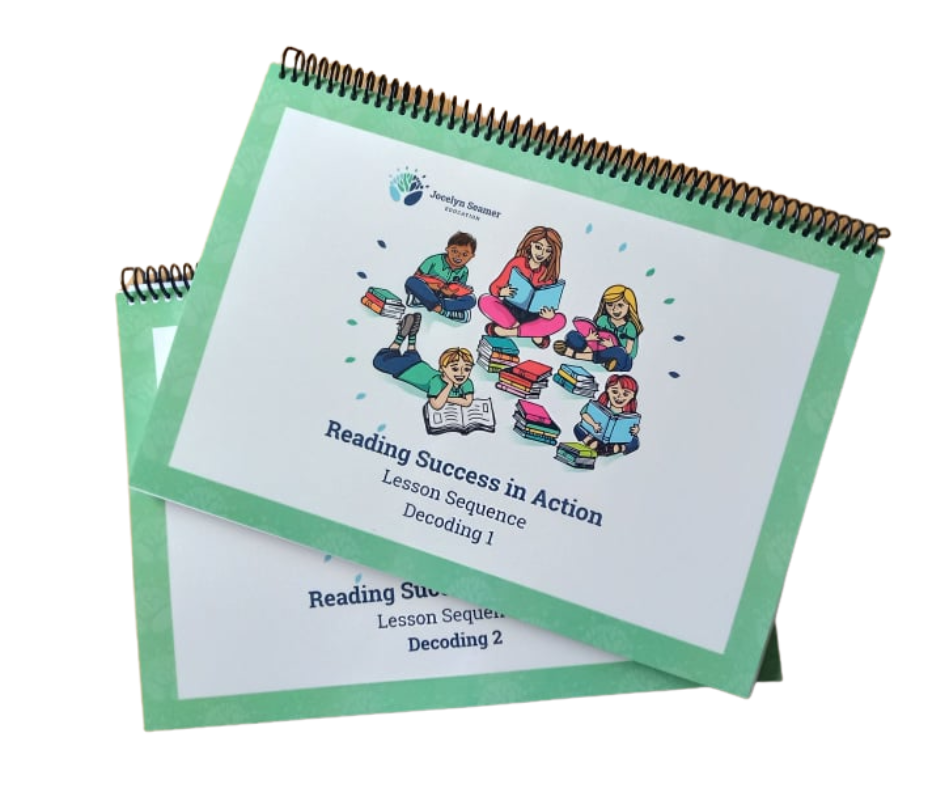Finding your way in uncertain times

If you are a teacher in Australia, there’s a fair chance that you are feeling a degree of worry about what the 2022 school year is going to throw at you. School communities are going back to the classroom with uncertainty about a range of things including:
- When exactly will we go back?
- Will we be in person or online?
- Will we be expected to teach in a hybrid model?
- What happens if staff or students are covid positive?
- Exactly what will all of this mean for learning?
- How do I prepare for the new school year and a situation where I may have to be out of my classroom for an extended period of time or our school is short staffed?

If you’ve had the thought, “Why even bother planning when there is so much uncertainty?”, I can tell you now that you aren’t alone.
This post is not a magic recipe for removing doubt, difficulty and disruption at this time. It is, however, a collection of my thoughts on how schools and individual teachers might make life easier on themselves, not just now, but at any time. Having taught and led in complex school settings where staff shortages and high levels of student turnover were the norm, I’d like to share some ideas and experiences with you that I think might be useful.
Get Your Systems in Order
It is never too late to get your school systems in order. What does this mean? Essentially, getting everyone on the same page when it comes to:
- A scope and sequence of teaching
- The low variance instructional routines used to teach phonics, word level decoding, sentence level writing and partner reading
- Resources of your classroom
- Assessment
- Home learning opportunities
- How differentiation occurs
- The way that you train and support your staff – including your classroom assistants
- The language and literature units you teach based in a rich picture book (plan the units together and have all teachers teach the same unit).
Getting on the same page is not just a response to COVID. I think it’s the best way to arrange your systems for the ‘regular’ times as well. This low variance, whole school/whole cohort approach to reading instruction does not require teachers to be automatons. It doesn’t take away professional decision making or turn teaching in a boring drudge. What it does do is facilitate the situation where any member of your team can stand in for another at a moment’s notice. It means that if you have to split or rearrange classes, reading instruction can continue. It won’t be as good as if all the usual staff are in place, but it won’t be dead in the water. When you train every member of staff (both teachers and paraprofessionals) to be able to teach using the same routines and guidelines, you dramatically increase the available adults who can teach a reading lesson. This is an excellent way to ‘challenge proof’ your staff.
If you have a solid, evidence informed program in place in your school, hold a strategy meeting with your staff and reaffirm what reading instruction looks like. This can help give everyone certainty and reduce anxiety. If you don’t have a program across the board, source some simple tools and lesson outlines that everyone can use. My Reading Success in Action lesson sequence books are a reasonably priced way to get everyone on the same page and enable you to use the decodable texts you already have in your school.
Don’t Borrow Trouble
This handy piece of advice comes from one of my favourite fiction series and basically means that we do ourselves a disservice when we imagine a difficulty that is yet to come. That doesn’t mean that we approach the new school year oblivious to the challenges ahead, (sticking our head in the sand helps nobody), but rather that we manage our thoughts and emotions in a measured way. The truth is that we don’t know what is going to happen. Imagining a future worst-case scenario and then experiencing worry, anxiety and fear about it today does not serve you or your students. Instead, when you find your mind going down the ‘worst case’ road, redirect your thoughts.
Unhelpful thought - “OMG. Children’s lives are going to be ruined by this educational disruption. Nobody is going to learn anything this year!”
More helpful thought - “I’m expecting disruption this year. Even though I don’t know exactly what that is going to be, I know that when our team pulls together, we can achieve great things. We will do the best we can with what we have to work with. Our goal is to ensure the greatest amount of learning possible for our students, not to drive ourselves into the ground trying to be perfect. Even if we can’t achieve what we would normally achieve, we will be ok. The children will be ok.”
Control the Controllables
It is so easy to become fixated on things we have zero control over. As teachers, the decisions made by government or our jurisdiction’s corporate leadership are out of our hands. As harsh as it sounds, spending a lot of time thinking about these things is not necessarily the best use of your time. I know that it's easier to say “just don’t worry about it” than it is to do it. I also know that while we can’t control the decisions made by others, we certainly feel their impact. When you find your mind ruminating on the things that you can’t control, catch yourself and shift gear. Our brains can’t think about more than one thing at a time. If we are busy focusing on the controllables, it is much harder for the negative, anxious thoughts to creep in. Here is a list of things you can control:
- How you welcome your students and create a safe, calm environment for them.
- The conversations you have with your colleagues (negative feelings spread quickly in a school community).
- The language you use to describe what is happening. “This is really inconvenient” vs “This is a complete disaster”. Two very different statements that have very different impacts on our emotions.
- Your thoughts (not always easy, but possible)
- Keeping things simple in your teaching. Avoid complicated, overly busy approaches to teaching. Explicit teaching with predictable routines is your friend here.
- How you collaborate with your colleagues and share the planning and preparation load
- How you prepare for both online and in-person teaching. (My suggestion is to create PowerPoints that can be used both online and in-person. One set of planning to carry you through whichever circumstance you find yourself in.)
- How you make time to look out for your own wellbeing including going for walks in nature, having a coffee with a friend, reading a non-school related book or doing something that brings you joy.
I don’t know what’s going to happen over the next few weeks and into term 1. Nobody does. I do know that nothing is gained from beating ourselves up for not being perfect or working ourselves to the point of exhaustion in the pursuit of the impossible. Having simple, easy to implement routines and an understanding of which parts of instruction really move the needle will help you to focus on what is important and keep the lights of reading instruction shining. Training all staff to be able to deliver those routines will give you options when last minute changes need to be made.

 Jocelyn Seamer Education
Jocelyn Seamer Education

7 comments
Fabulous article !! Just what everyone needs to read. Thank you
Jocelyn, a great article that not only describes many of the emotions I have gone through over the past few weeks but also has ideas and positive suggestions. Thank you and I agree with previous comment by Sandi in that this is just what is needed at the moment.
So clear and well expressed. Thank you. I'll be sharing this wisdom.
Thank you!!! I really needed to hear this calm, measured advice.
Thanks Jocelyn. You have helped me to reset and focus on the important elements of teaching. Great read to start the week.
I shared this article with my acting principal as I felt it was so powerful, concise and relevant.
She is going to talk to it on our first day back.
I’ve just read it again. I feel like I have a kindred spirit in you. I am doing so many of these things in my classroom to make remote and onsite seamless and I find positives no matter what. If I were a wordsmith this would be the kind of inspirational piece I would write, however I am not. Keep delivering your wonderful knowledge to us. Thank you.
Oh Katherine. Thank you for those kind words. I am so pleased that this post resonated with you. You certainly aren't alone in your worries and I wish you and your students my very best for the term to come. Focus on what's important (them feeling safe and secure) and remember to look after yourself. You can't support others if your own bucket is empty. Take care, Jocelyn
Leave a comment